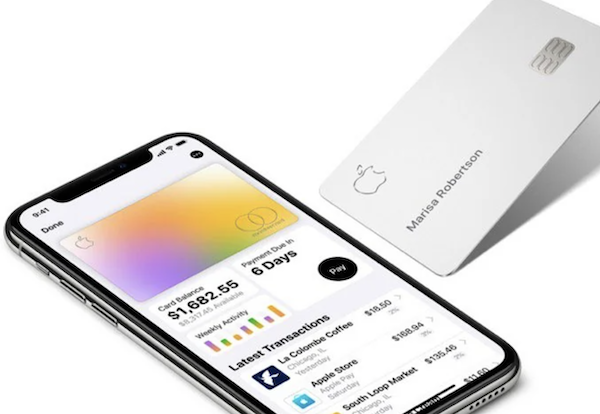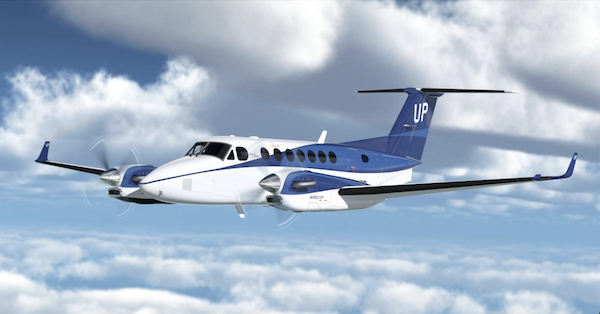Market scorecard
US markets took a beating yesterday, with the S&P 500 and Nasdaq posting their biggest daily drops since 2020. Donald Trump's one-man crusade to upend a century of trade liberalisation is not going well. Multinational stocks with complex business operations were hardest hit. For example, Apple fell 9.2%.
John Maynard Keynes' famous quote is "markets can remain irrational longer than you can remain solvent". However, for Vestact clients with their ungeared, high-quality portfolios the opposite is more appropriate: "We can stay solvent longer than Trump can remain retarded."
On a tough day that we will all remember, the JSE All-share was down 3.39%, the S&P 500 dropped 4.84%, and the Nasdaq slumped by 5.97% lower. Painful!
Our 10c worth
One thing, from Paul

There will shortly be a new entry on this useful Wikipedia page of stock market crises and crashes throughout history.
The list starts in 1637 in the Dutch Republic with the tulip bubble which ramped up from 1633 and exploded four years later.
The list (currently) ends with the 2024 Tokyo stock market crash of August 2024, caused by the unwinding of yen carry trades.
The stock market fall of 2025 will probably be known as the Trump Tariff Tantrum.
Personally, I'm not feeling too stressed. I doubt that Donald Trump wants to go down in history as the man who shot the world economy in the foot, and caused a global recession. He wants his face carved on Mount Rushmore. In other words, he'll cave. That's my prediction.
Byron's beats

Some clients might be thinking they should go to cash because "this time is different". Well, I have news for you, every single sell-off in the history of the stock market felt different and uncomfortable. In those crises, the reasons for the market slump felt very real, even if we can't recall them now.
Covid "felt different", interest rates going from near 0 to 5% in ten months in 2022 "felt different", the original Trump trade wars with China in 2018 "felt different". Remember the PIIGS? Europe was supposed to collapse in a contagion-infused debt trap. It didn't, but at the time it felt horrible and unprecedented.
If you are a new investor, this may be your first big test. The more of them you go through, the less emotional you will feel. That's why you can lean on Vestact; we are battle-hardened survivors of many market tantrums.
Each time the circumstances felt different but the best way to deal with it was always the same, stay long quality companies and ride through these rough seas.
Michael's musings

Goldman Sachs is currently the bank behind Apple's credit card, but they are exiting all of their consumer finance businesses because the traditional investment banking business is much more profitable. Goldman has been speaking to different finance houses since early 2023 to see if any are interested in taking over the card book.
All of a sudden, it looks like the whole Apple card operation is hot property. Visa has offered Apple $100 million to replace Mastercard. On top of that, American Express is also looking to become the network provider and credit issuer - Visa and Mastercard only offer a network, they don't offer credit too. According to the WSJ, Apple will decide on the network provider and then decide on a bank partner after that.
Apple's user base is hugely valuable because they are generally richer individuals who are locked into the Apple ecosystem forever. For Visa, partnering with Apple means they are first in line for any other fintech product the company decides to launch. When fintech is done well and at scale, it is very profitable. So I'm sure Apple has a few ideas in the pipeline, which is why Visa wants to make sure it has a ticket to the party.
We are shareholders of both companies, so a tie up sounds good.
Bright's banter

Private jet operators seem to be shrugging off the slowdown that is hitting commercial airlines, proving once again that premium travel moves to its own rhythm.
Wheels Up's CEO says they haven't seen the same weakness reported by major airline carriers, and the high-end market may just be more resilient. Meanwhile, Delta and United Air are doubling down on premium travel, and Air France is spending over EUR1 billion to attract wealthier passengers - some of whom are now booking out entire first-class suites.
On the investment side, Vista Global just secured a $600 million cash injection, and Embraer hit a record high after landing a $7 billion jet order from Flexjet. Most interestingly, Berkshire's NetJets is the top operator in the space with over 700 planes and 600 000 flight hours per year.
The top 10% of US households now drive nearly half of consumer spending, keeping luxury travel buoyant. Private jet use spiked during the pandemic and has stabilised at a higher level - once really rich people get a taste of flying private, they rarely go back to pleb class.
That said, it hasn't been smooth sailing for everyone. Wheels Up needed a $500 million rescue last year and is still in turnaround mode. If the economy takes a real hit from tariffs, even premium travellers might trade down. But for now, the high-end aviation market is holding its altitude.
Linkfest, lap it up
The author of Thinking, Fast and Slow passed away last year. A recent story revealed that he opted for an assisted death in Switzerland - The man behind studies on human error and bias.
Forbes estimates that there are now over 3 000 Dollar billionaires around the world. There are 288 newcomers to the list, with 70% being self-made - New Billionaires 2025: Schwarzenegger, Seinfeld, Springsteen.
Signing off
Asian shares dropped to a two-month low, dragged down by a broader global selloff. Investors shifted into safe-haven assets, while Japanese equities took a hit, falling to their lowest levels since August.
In local company news, BDK Capital (a small investor) weighed in on Prosus' EUR4.1 billion bid for Just Eat Takeaway.com, noting that while the offer looked generous at the time, about a 54% premium to where the shares were trading - it actually represents just half of what the company is worth today, by their estimates.
US equity futures are slighty in the red pre-market. The Rand is trading at around R18.75 to the US Dollar.
Volatility and uncertainty is the price of admission to the stock market. Without some short-term pain there cannot be long-term gains.
Keep calm and carry on. If you are feeling stressed out, send us an email.
Have a good weekend.